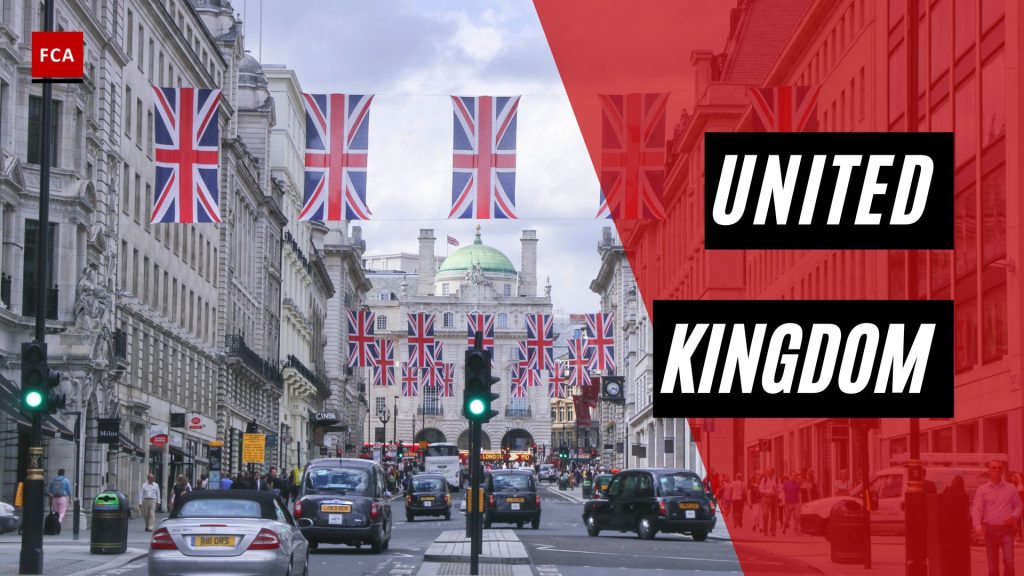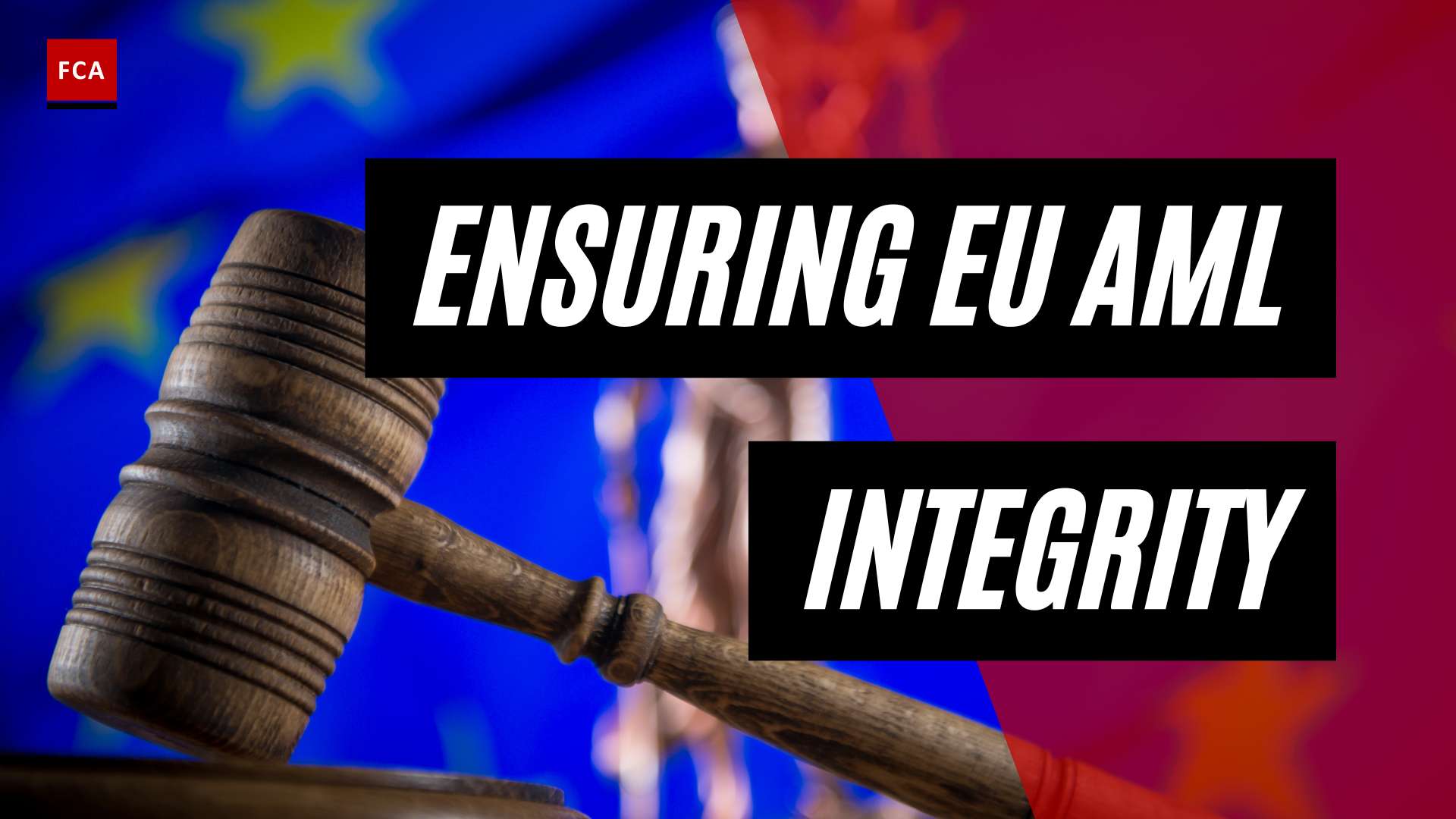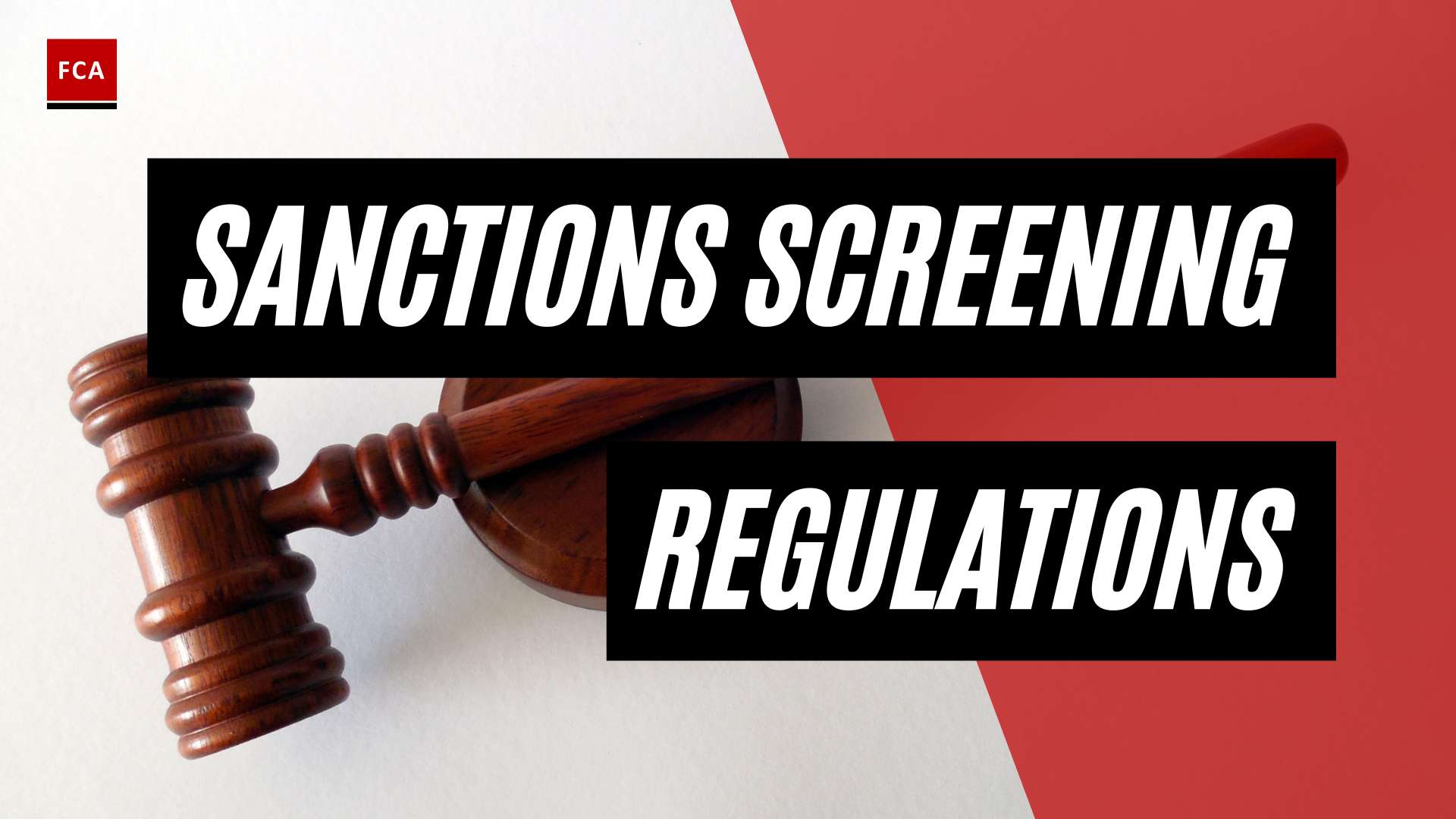The United Kingdom implements a range of sanction regimes through regulations made under the Sanctions Act, Sanctions and Anti Money Laundering Act, 2018. The Sanctions Act provides the legal basis for the United Kingdom to impose, update and lift the sanctions.
Sanctions are restrictive measures that can be put in place to fulfill a range of purposes. In the United Kingdom, these include complying with UN and other international obligations, supporting foreign policy and national security objectives, as well as maintaining international peace and security, and preventing terrorism.
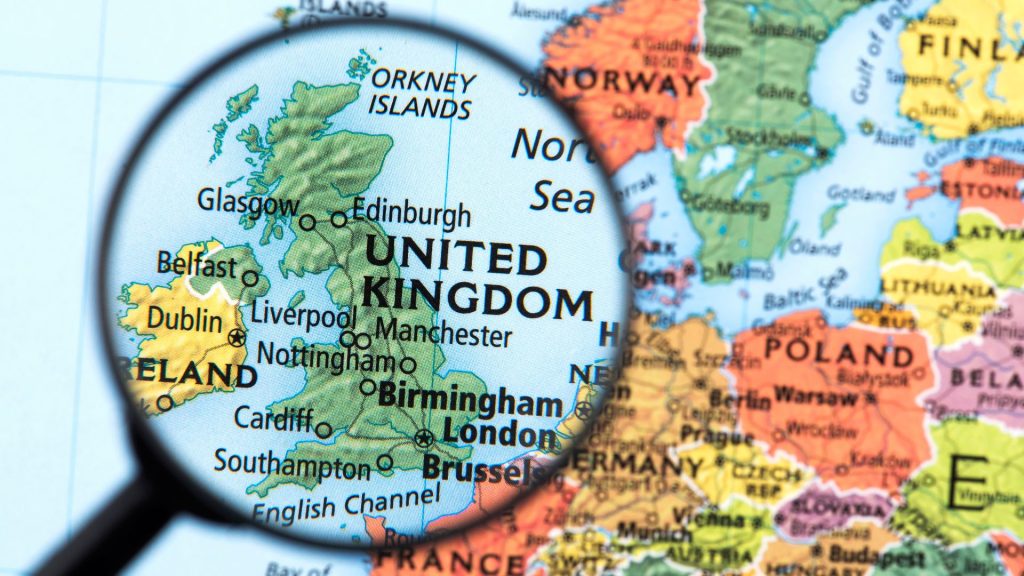
The United Kingdom
UK sanctions-related regulations made under the Sanctions Act apply in the whole of the UK. The prohibitions and requirements in these Regulations apply to conduct by UK persons. This includes anyone in the UK, UK nationals outside of the UK, and bodies incorporated or constituted under the law of any part of the UK. It is government policy for UK sanctions measures to be given effect in the British Overseas Territories and Crown Dependencies to make sanctions as effective as possible.
Some sanctions measures apply through other legislation, such as the Immigration Act 1971 and the Export Control Order 2008.
The UK may impose the following types of sanctions measures:
- Trade sanctions, including arms embargoes and other trade restrictions
- Financial sanctions, including asset freezes
- Immigration sanctions, known as travel bans
- Aircraft and shipping sanctions, including de-registering or controlling the movement of aircraft and ships
Some sanctions measures apply only to persons or ships who have been designated or specified by the UK Government.
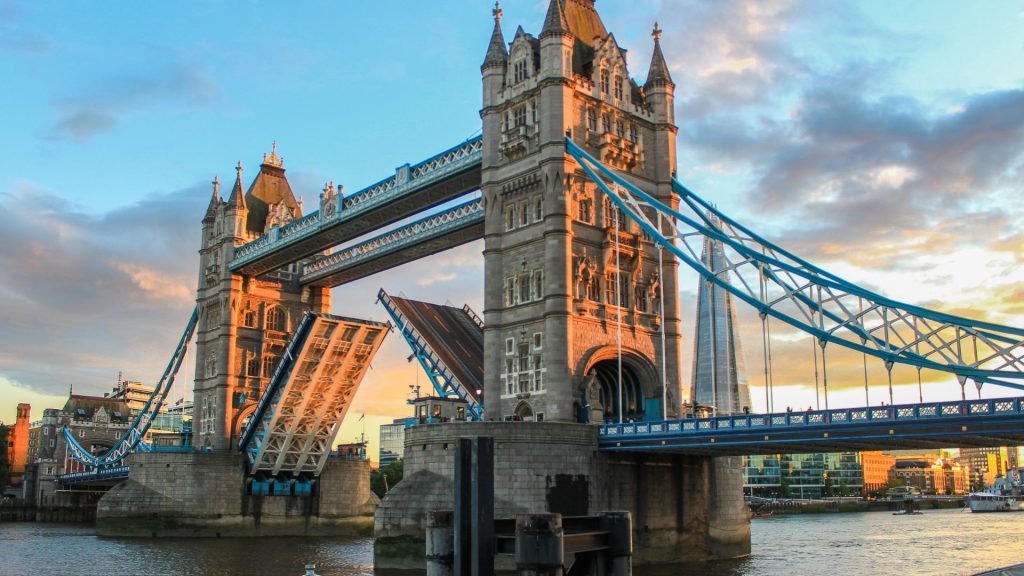
The Office of Financial Sanctions Implementation in HM Treasury also maintains a list of Asset Freeze Targets, which contains details of designations for financial sanctions, where asset freeze measure applies. DIT administers the UK’s system of export controls and licensing concerning trade sanctions.
HM Treasury enforces financial sanctions, through its Office of Financial Sanctions Implementation, which helps to ensure that financial sanctions are properly understood, implemented, and enforced in the United Kingdom. Financial sanctions include restrictions on persons who are designated persons, such as freezing financial assets, and wider restrictions on investment and financial services.
The Department of “Transport” implements and enforces sanctions in the aviation and maritime areas. Transport-related sanctions include restrictions on ownership, registration, or movement of ships and aircraft. This can include restrictions on movements to and from ports, harbors, and airports, and the detention of ships and aircraft.
Final Thoughts
The Sanctions Act is the primary legal basis for the United Kingdom to impose, update, and lift sanctions. UK sanctions Regulations made under the Sanctions Act apply throughout the United Kingdom, including Northern Ireland. These Regulations’ prohibitions and requirements apply to conduct by UK citizens.

